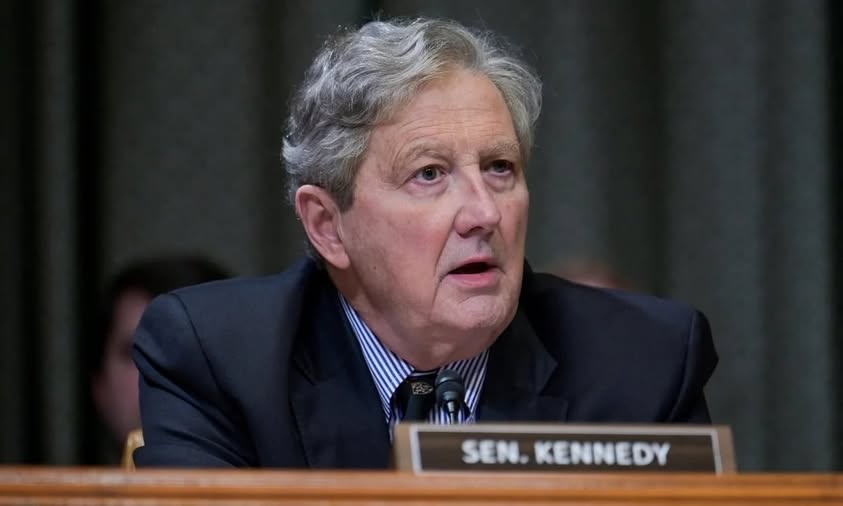Introduction: A Choice That Shapes More Than a Moment
Relationships and personal connections are among the most meaningful aspects of human life. At their best, they bring comfort, trust, joy, and a sense of belonging. Yet, not every connection we make nurtures us in these ways. Sometimes, choosing the wrong person—whether in romance, companionship, or moments of vulnerability—leads to lasting challenges that extend far beyond the initial decision.
This is not simply a question of morality or cultural norms. It is about the very real consequences such choices can have on emotional health, social standing, personal growth, and future opportunities. A decision that might feel small or casual in the moment can echo for months or even years, leaving individuals to navigate regret, self-doubt, and complicated social dynamics.
This in-depth feature explores the emotional, social, and personal consequences of forming the wrong kind of intimate connection, why these situations occur, and—most importantly—how people can move forward with strength, wisdom, and resilience.
The Emotional Consequences: The Hidden Weight of Regret
The most immediate aftermath of a poor relational decision is often emotional pain. People describe feeling unsettled, disappointed, or burdened by emotions they did not expect.
- A sense of emptiness: Instead of feeling comforted, individuals may experience hollowness. What was meant to provide warmth ends up creating unease.
- Regret and self-blame: Replaying the decision repeatedly is common. Questions like “Why did I let this happen?” or “What was I thinking?” become intrusive.
- Confusion and attachment: Human psychology struggles to separate physical closeness from emotional connection. Even when logic says the other person is not right, emotional bonds form, making it harder to move on.
- Loss of self-trust: One poor choice may lead to doubting one’s ability to recognize good character in the future.
Psychologists remind us that such emotions are not proof of weakness. Instead, they are reminders of how powerful human connection can be.
Social and Relational Fallout
The ripple effects of personal decisions often extend far beyond the individuals directly involved.
- Broken trust: If a connection overlaps with existing relationships—such as friendships or partnerships—it can damage more than one bond.
- Damaged friendships: Close circles often suffer from awkwardness or rifts when boundaries are crossed.
- Reputation and judgment: In today’s connected world, private matters rarely stay private. Rumors can spread quickly, creating stress and impacting how others perceive you.
- Mismatch of expectations: Even without betrayal, problems arise when one person views the connection as meaningful while the other sees it as temporary.
These consequences highlight the importance of approaching personal connections with honesty, clarity, and mutual respect.
Health and Well-Being Risks
While emotional and social outcomes often dominate the conversation, health-related concerns are equally significant.
- Stress and anxiety: Worries about consequences—whether health-related, emotional, or reputational—can cause intense stress.
- Unintended responsibilities: Choices sometimes bring unexpected obligations that reshape lives in lasting ways.
- Impact on mental well-being: The fear of consequences, combined with regret, can fuel depression, anxiety, or prolonged unease.
Health professionals emphasize that prevention, self-awareness, and responsible decision-making are key to avoiding these pitfalls.
Impact on Self-Perception and Future Relationships
Perhaps the most lasting effects are internal.
- Erosion of self-worth: Feeling undervalued or taken advantage of can harm how a person views themselves.
- Fear of vulnerability: After being hurt, many develop walls that prevent future openness.
- Repeating harmful patterns: Some seek validation in unhealthy ways, repeating decisions that lead to disappointment.
- Difficulty recognizing healthy love: Negative experiences can distort perceptions, making it harder to trust genuine affection later.
Therapists note that while these struggles are real, they can be overcome with reflection and intentional healing.
Why People End Up in the Wrong Situations
It is not enough to focus only on the consequences; it is equally important to ask why people make choices that lead to regret.
- Loneliness and vulnerability: The desire for connection can cloud judgment.
- Peer and social pressure: Media and culture sometimes glamorize risky behaviors.
- Miscommunication: One person assumes shared intentions, while the other has different expectations.
- Low self-esteem: Doubts about self-worth make individuals more likely to accept poor treatment.
Understanding these causes allows people to better protect themselves in the future.
Expert Insights: Psychology and Human Behavior
Relationship experts and psychologists stress that human biology complicates decision-making. The brain releases bonding chemicals like oxytocin and dopamine during moments of closeness, making it hard to separate physical experience from emotional connection.
This biological reality explains why even “casual” encounters often create attachments. Our brains are wired for bonding, regardless of our conscious intentions.
Real-Life Lessons: Stories of Consequences and Growth
- The friendship that collapsed: Two long-time friends crossed boundaries, believing their bond was strong enough to survive. Instead, jealousy and misunderstandings destroyed years of trust.
- The health scare that changed everything: One woman shared how a single reckless decision led to weeks of stress while waiting for test results. The emotional toll, she explained, was harder than the physical risk itself.
- The journey of healing: A man once consumed by regret later used his experience as a turning point. Through therapy and reflection, he rebuilt his sense of worth and learned to choose partners aligned with his values.
These stories reveal both the risks and the possibility of transformation.
Moving Forward: Healing and Prevention
The past cannot be undone, but the future can always be reshaped.
- Reflect, don’t dwell: Mistakes do not define you; they teach you.
- Prioritize self-care: Journaling, therapy, or talking to trusted friends helps process emotions.
- Set clear boundaries: Communicate expectations early in relationships.
- Value your worth: Recognize that you deserve respect and safety.
- Choose partners mindfully: Seek alignment in values, not just temporary comfort.
A Cultural Responsibility: Shaping Healthier Narratives
Society plays a major role in how individuals view intimacy and relationships. Media often glorifies short-term thrills while downplaying consequences. By shifting cultural conversations toward respect, communication, and emotional well-being, communities can help individuals make healthier decisions.
Educational programs, family discussions, and public conversations can all reinforce the importance of thoughtful choices.
Conclusion: From Regret to Resilience
Choosing the wrong person for a personal connection can bring regret, emotional turmoil, and social consequences. Yet, these experiences also carry the potential for growth. They remind us to be intentional, to value ourselves, and to build relationships on respect and trust.
True intimacy—whether emotional, relational, or physical—should leave you feeling safe, respected, and valued. By learning from past mistakes and setting higher standards for the future, anyone can transform pain into wisdom and create healthier, more fulfilling relationships.



